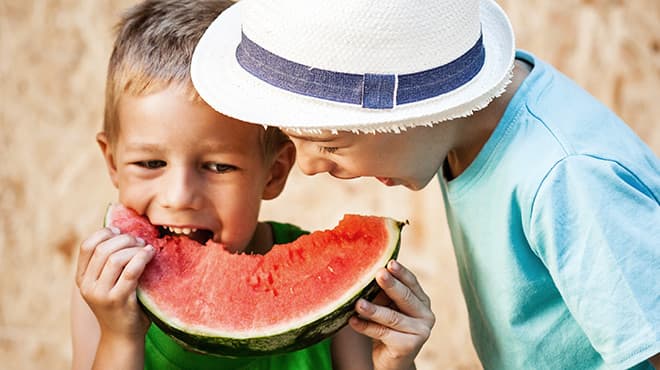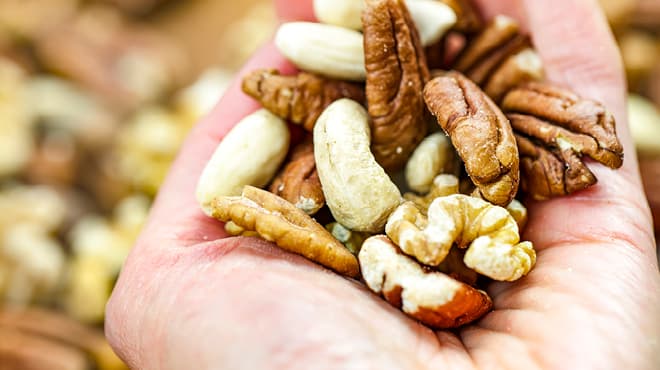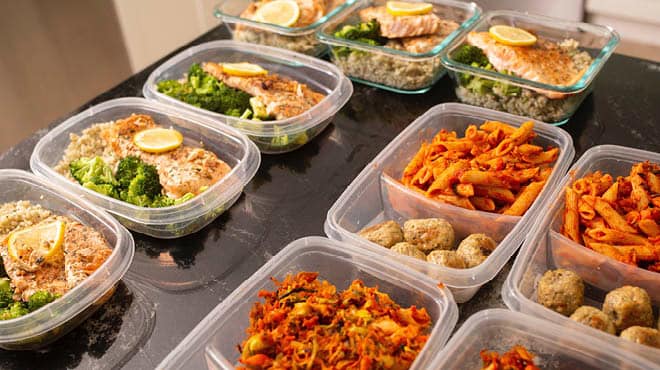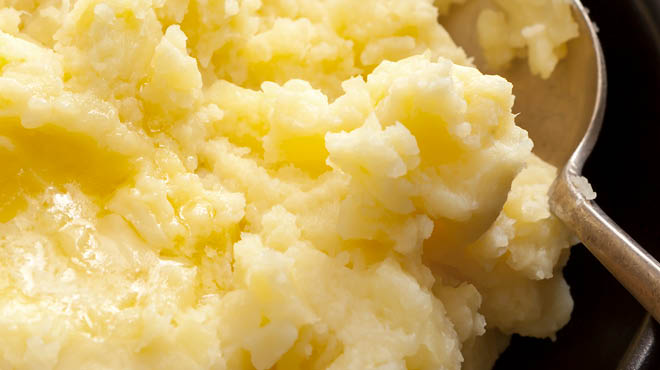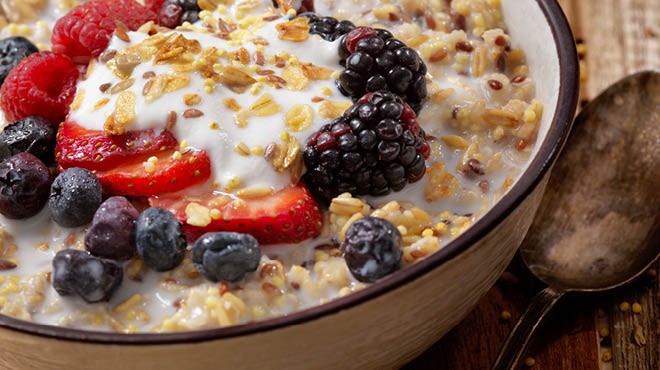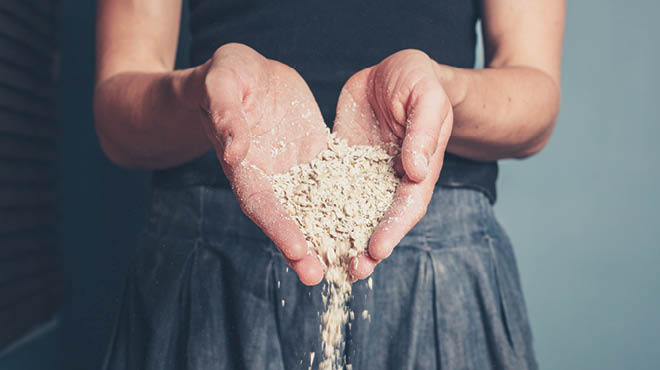Recent Posts
5 nutrition tips for chronic kidney disease

A healthy diet is essential for everyone, but it is vital for people who have chronic kidney disease.
Chronic kidney disease affects an estimated 37 million people in the U.S., according to the National Kidney Foundation. Chronic kidney disease means your kidneys are damaged and losing the ability to keep you healthy.
Diet and nutrition may help manage and, potentially, slow the disease. Other key factors to slowing the progression include managing diabetes and controlling blood pressure, which are the leading causes of kidney failure.
A kidney-friendly meal plan focuses on the amount of certain nutrients that you should take in. Work with your dietitian to make a meal plan that meets your individual needs.
Dietary restrictions associated with chronic kidney disease include:
1. Protein
It’s important to get the right amount of protein. Needs are based on height, weight and overall health. Protein is necessary for wound healing, enzyme and hormone production, and immune function. Byproducts of protein degradation no longer can be cleared as well by damaged kidneys, so protein is limited to decrease buildup of waste products. Try to keep portions of meat to the size of a deck of cards.
2. Sodium
Sodium can increase fluid retention and blood pressure, making your heart and lungs work harder. You may think if you aren't adding salt to your food that your sodium intake is low. However, more than 70% of sodium in the average American's diet already is in the foods we buy, such as grains, meat, soups, sandwiches and restaurant meals. A low-sodium diet may include 1,500–2,000 milligrams of sodium per day. Try to keep each meal under 600 milligrams. Remember that salt is an acquired taste. Give your taste buds six to eight weeks to adjust to a lower-sodium diet.
3. Potassium
Potassium is a mineral found in many foods. Your body needs potassium to make your muscles work, but too much potassium can be dangerous. If your kidneys aren't working well, they no longer can balance the minerals in your blood. This can lead to a buildup of potassium and phosphorus in your blood. High or low potassium levels affect the ways that your muscles work. Major sources of potassium include potatoes, tomatoes, melons, oranges and orange juice, bananas, dairy products and salt substitutes that contain potassium, such as Morton Lite Salt or No Salt. Try to limit or avoid these high sources of potassium if the potassium in your blood is elevated.
4. Phosphorus
Healthy kidneys keep the correct amount of phosphorus in your body. When your kidneys are not working well, phosphorus can build up in your blood. Foods highest in phosphorus are convenience or fast foods, processed cheese, packaged foods and many colas. Check the ingredients in the products that you use for words with "phos" in them. Examples may be calcium phosphate, phosphoric acid and hexametaphosphate. You also may need to limit foods with natural phosphorus, such as dairy, nuts and whole grains.
5. Calcium
Calcium is another mineral affected by kidney disease. Calcium helps keep your bones strong, but if you get too much, it can leave calcium deposits in your blood vessels. If your calcium levels are elevated, avoid calcium-fortified foods. Also, tell your health care provider if you take calcium supplements.
Following a kidney-friendly diet can seem overwhelming and a bit restrictive at times. However, avoiding or limiting certain foods in your diet may help decrease the accumulation of waste products in the blood, improve kidney function and prevent further damage. A dietitian can help you design a kidney-friendly diet that is specific to your needs.
Kristi Wempen is a registered dietitian-nutritionist in Mankato, Minnesota.

